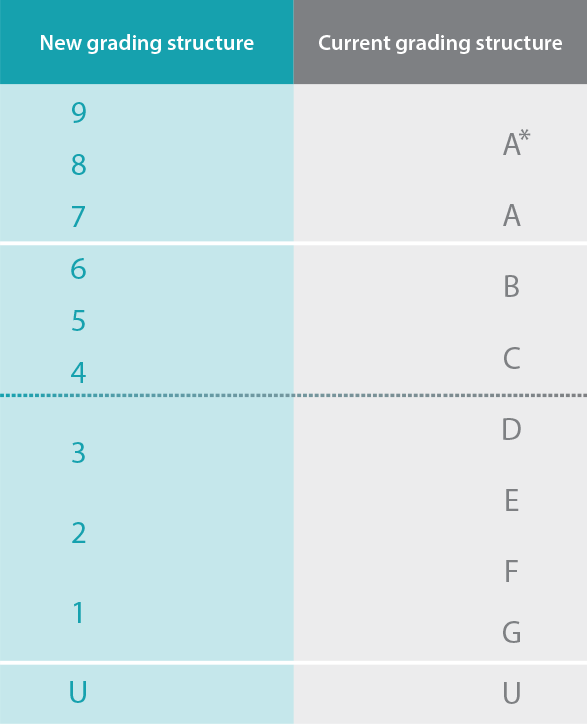
The Significance of GCSE Results
The release of GCSE results is a crucial event in the UK educational calendar, marking a pivotal point for students as they transition to further education or the workforce. The results reflect a culmination of years of study and the performance of schools across the nation, thus impacting university admissions and career opportunities for thousands.
Key Trends in GCSE Results 2023
This year, GCSE results have been closely monitored for indications of recovery post-pandemic. Following a period of disruption due to COVID-19, which significantly affected students’ learning experiences, education authorities were keen to understand how this would influence outcomes. Overall, across England, the proportion of students achieving grades 9-4 (A*-C) has shown a positive trend compared to previous years, highlighting the resilience of students and teachers alike.
Statistics from the Joint Council for Qualifications (JCQ) show that approximately 74.3% of entries were awarded grade 4 or above, a slight decline compared to the pandemic peaks but still commendable. Notable disparities were evident, however, with some regions showing significant improvements while others lagged behind, raising discussions about educational equity.
The Impact of Grading Changes
One of the prominent factors this year was the return to pre-pandemic grading standards after a period of inflated grades during COVID-19. The Qualifications and Curriculum Authority (QCA) implemented a strategy to ensure fairness and maintain rigorous standards. Critics have voiced concerns regarding how these changes might affect students who were accustomed to higher expected grades in recent years, with some calling for increased support measures.
Looking Ahead
The implications of this year’s results extend beyond immediate academic outcomes. The government, alongside educational institutions, is likely to engage in further discussions on how to ensure adequate support systems are in place for students facing the pressures of future examinations. Increased outreach programs and academic intervention strategies could be initiated to bridge gaps in learning, particularly in disadvantaged areas.
Conclusion
The GCSE results of 2023 are a reflection of the resilience of students as well as the challenges faced by the educational sector in a post-pandemic landscape. As students move forward, it will be essential to focus on equitable opportunities in education, ensuring that every learner has a fair chance to succeed in their chosen paths. The outcomes of these results may influence policy changes and support mechanisms for future GCSE cohorts, making this a significant year in the context of UK education.
You may also like

The Importance of Study in Education Today

The Importance of Continuous Learning in Today’s Society
